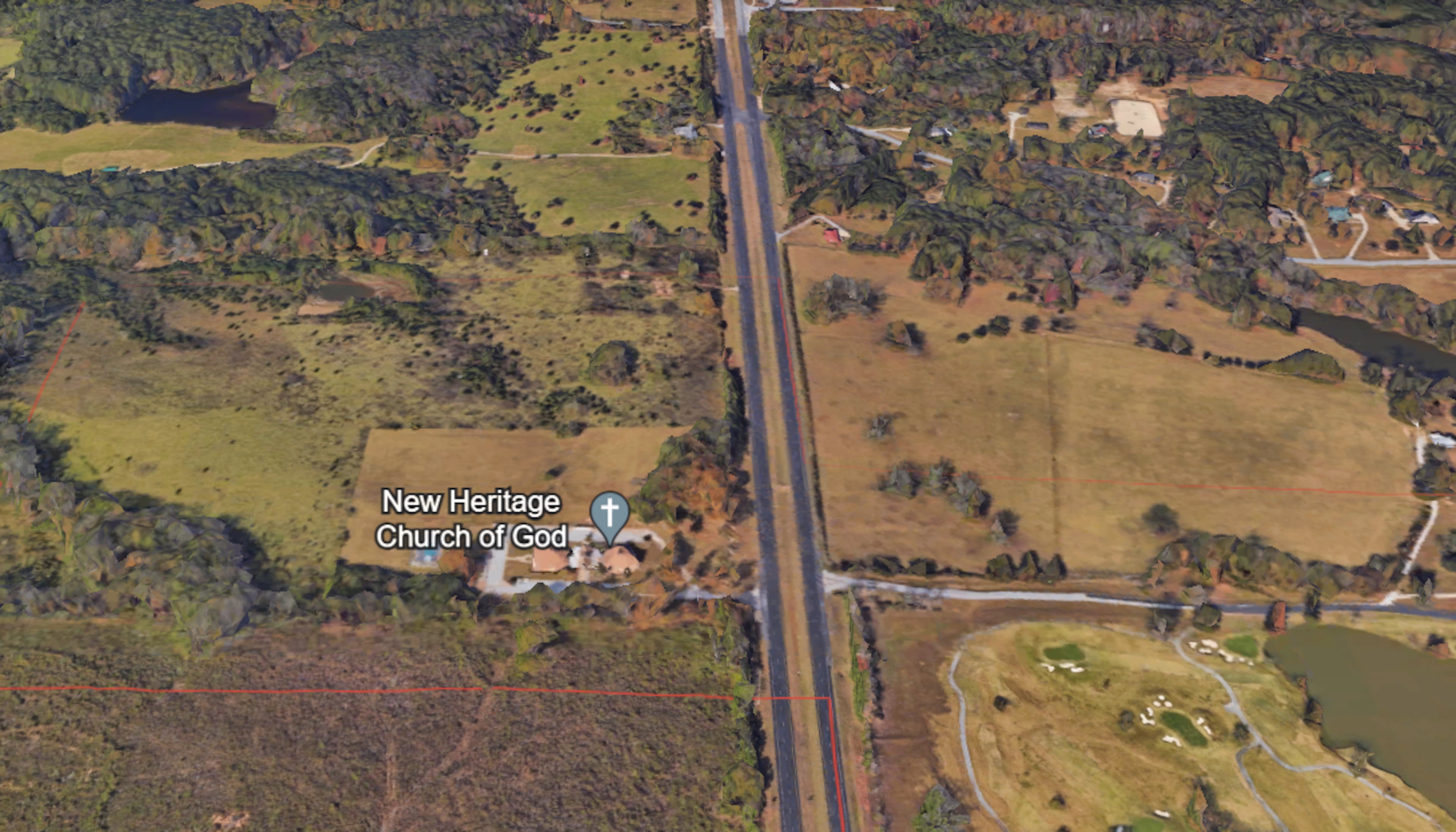Microsoft grabs another 160 acres south of Atlanta for data centers

Microsoft isn’t done expanding its data center campus south of Atlanta — not even close.
The Fortune 500 tech giant recently paid more than $56 million to add 161 acres to its land holdings in south Fulton and Fayette counties, according to county property deeds. Since February, Microsoft has scooped up nearly 320 acres across the city’s Southside, paying roughly $115 million in total for developable land to feed its insatiable need for more data center space.
The spending binge on land comes as Microsoft’s planned corporate campus on the city’s Westside remains in limbo. In February 2023, Microsoft indefinitely paused the campus project where it planned a mix of offices, retail and apartments. But in that time, Microsoft’s real estate activity in the metro area has only accelerated for its data centers.
These sprawling facilities house computer files, cloud networks and other digital artifacts of our online lives, and the emergence of artificial intelligence has sent demand for more space into overdrive. The Redmond, Washington-based company is trying to edge out its competition, flexing its corporate muscles by developing giant data centers across the country. Microsoft is reportedly developing the world’s most expensive data center through a partnership with OpenAI, the company behind ChatGPT. The $100 billion project’s location has not been disclosed.
“In recent years, we’ve seen a substantial increase for cloud and AI services,” a Microsoft spokesperson said. “Every industry is undergoing technological change, and it takes infrastructure like data centers to usher in the next generation of cloud capabilities.”
Metro Atlanta has become a hotbed of data center activity. Since 2023, data center construction in metro Atlanta has increased 211%, which is the fastest among major data center markets across the country, according to data from real estate services firm CBRE.
While Atlanta’s data center prestige has risen, it’s also generated controversy over the industry’s benefits — or lack thereof.
Effectively giant warehouses containing billions of dollars of computer equipment, data centers employ only a handful of workers despite their mammoth size. They also place strain on local utilities because of the enormous amounts of electricity and water they consume. State regulators last month allowed Georgia Power to expand its electricity-generating capacity — mostly powered by fossil fuels — mainly due to the vast number of data center projects being built or in the pipeline across the state.
According to a report by Bloomberg, Microsoft’s AI push is threatening the company’s pledge to be carbon-negative by 2030. Microsoft’s carbon emissions are about 30% higher now than in 2020, according to a sustainability report published Wednesday.
The company’s latest land purchase was along Ga. 74 and closed April 30. The Atlanta Business Chronicle first reported on the transaction and tied the development to “Project Rita,” a massive 1.5 million-square-foot “technology-based” development mostly in Fayette County. Scant details on the $350 million project were first disclosed in November, and neither the project’s developer nor its intended use were released.

Data centers can produce large amounts of property tax revenue for local communities, although some of those benefits are reduced by tax incentives offered by state and local leaders.
Microsoft operates a data center campus in Palmetto, a project that received a $14.5 million property tax break from the Development Authority of Fulton County. The company also has planned data centers in East Point and Douglas County.
This year, state lawmakers passed a suspension of the state sales tax break program for certain large data centers. The bill’s sponsors said the incentive program isn’t giving the state much financial return on its multimillion-dollar investment. But Gov. Brian Kemp vetoed that measure earlier this month, saying a suspension would be abrupt, especially since the state Legislature two years ago extended the program until 2031.
Microsoft’s recent land acquisitions come amid growing pressure for the company to detail its next steps for its 90-acre site in Atlanta’s Grove Park neighborhood, where the company originally planned to build a sprawling office campus and mixed-use development before halting those plans a year ago.
Mayor Andre Dickens said in February he wants Microsoft to soon decide whether to resume its campus plans or allow the city to take it over to build something else. The company declined to provide an update on its plans for the property.
More Stories
The Latest



